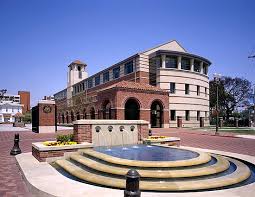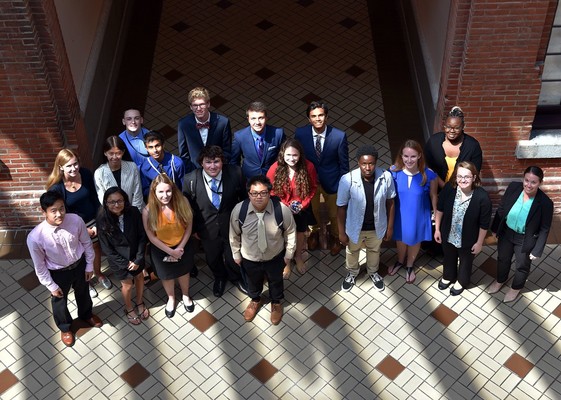Just as there are a number of business opportunities in college for students, there are just as many pre-business opportunities for high school students in the summers. As early as the summer after 9th grade, students interested in business can explore this field. In my research, I have found that there are a few programs for rising sophomores, even more programs available to rising juniors, then rising seniors have the most opportunities for summer pre-business programs.
The selection process for these pre-business summer programs vary. Some programs only require interest and a tuition deposit. It’s not necessarily a bad thing, because student participants can still learn a lot during the program. The more selective pre-business summer programs may require:
- Transcripts
- Teacher Recommendations
- Test scores
- Essays
The deadlines for these programs are typically in February/March.

Here are several programs where high school students can explore whether a business career is a match for them:
Stevens Institute of Technology Business Program – students are exposed to marketing, finance (including Quantitative Finance), management, and business law in this one-week intensive experience.
University of Southern California Exploring Entrepreneurship – students earn 3 USC college credits in this 4-week course, which blends business theory and the practice of being an entrepreneur.
Business Week (Throughout the USA) – Several states across the country offer “Business Week” programs, which are one-week business intensives that integrate business concepts, mentoring, and team projects with local leaders. There are Business Week programs in the following states:
- Alaska
- Colorado
- Ohio
- Pennsylvania
- South Carolina
- Utah
- Washington
If your state is not listed here, you may want to search online with “(your state) Business Week high school students” and see what comes up.
What pre-business summer programs have you found for high school students?



